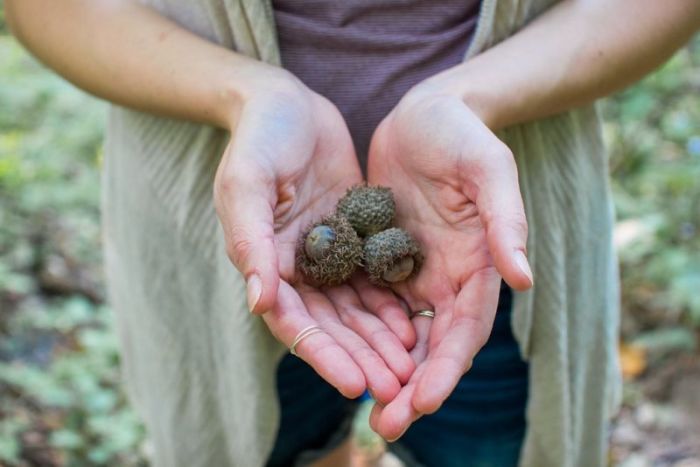From Hurricanes in the U.S. to the Plight of Refugees – Where Is Hope?

During my travels, one truth remains consistent: Hope precedes recovery. Though the stories quickly fall from the headlines, Americans continue to attend to the overwhelming physical needs of disaster's victims – from hurricanes in the U.S. to the plight of refugees, from the lack of safe water to famine threatening whole countries -- we cannot forget to help instill the vital ingredient of recovery, and that's hope.
When events beyond our control—floods, conflict, disease or death of a loved one—steal everything a person owns or loves, it's easy to sink into debilitating depression. I've witnessed it. There is nothing as heart wrenching as looking into the eyes of a struggling person who has stopped hoping for a better tomorrow.
At Food for the Hungry (FH), our staff also meets people every day as they recover from both natural and man-made disasters. So we've learned a thing or two about hope. We even see its emergence and we watch it in action. We know that hope has surfaced in a community when we see that people:
- Perceive that the worst is in the past
- Believe they can recover from critical incidents
- Feel that they have some level of control over their present
- Support others in their journey
- Have a vision and goals for their own future and are planning how to reach them
- Have enough self-esteem to believe they can achieve their goals
- Know they have value in God's eyes
We've seen how recognizing that each person has value can replace a blank stare with a spark of hope. I saw it clearly in the actions of a pregnant woman I met in northern Uganda who received the gift of seeds and a plot of land. It gave her a renewed sense of energy as she began the hard labor of clearing her land with a machete.
We've seen it in Yasmin, who has lived her entire life in a refugee camp in Bangladesh. Her father fled Myanmar due to widespread persecution of the Rohingya people back in the 1970s. Three years ago he died. Without her father's income, Yasmin and her siblings had to drop out of school. Yasmin said, "When he died, my hope died with him."
When FH established a Community Health Worker (CHW) Program where Yasmin lives, she happily took it as an opportunity. As a CHW, she's helping families in her community learn about water, sanitation, and hygiene and earning a stipend that she's saving to return to school next year. She hopes to become a teacher. She knows about hope lost and hope restored.
Hope gives people the energy to move beyond mere survival and begin trying again. Hope is generated through kindness, generosity, training, and being present. The words of Shep Owen, FH's head of Relief and Humanitarian Affairs, hold true for every one of us:
"Helping in whatever way we can...helps them remember that they have value as a human who is made in God's image. There is something deeply whole about being recognized and valued."
We know these are difficult times for so many of our neighbors, here in the U.S. and around the world. I think an important question for each of us to think about right now is how to find the way to make hope into an action, a verb of our making. How can we commit the act of hope for each other?
Matt Ellingson is Director of Response & International Partnerships Relief & Humanitarian Affairs at Food for the Hungry




























